Call for probe into whether Yvonne Murray's Olympic medal should be upgraded
- Published
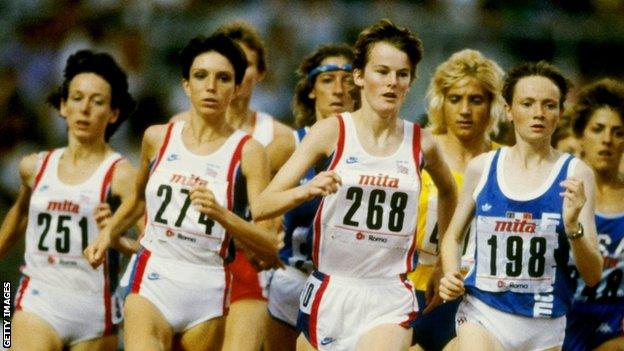
Murray took bronze in Seoul
Yvonne Murray's husband has called for an investigation into whether her Olympic bronze medal should be upgraded after Russia was accused of running "state-sponsored" doping.
The Scot finished behind Tetyana Dorovskikh of Russia and Paula Ivan of Romania in the 3,000m in Seoul in 1988.
Dorovskikh was banned for a positive drug test in 1993.
"You just feel the time's right to make a move on it now," Murray's husband Tom Mooney said.
"If we don't do it now, we'll never do it."
Mooney says they plan to write to International Association of Athletics Federations president Lord Coe and International Olympic Committee counterpart Thomas Bach in light of the World Anti-Doping Agency commission report examining allegations of doping, cover-ups, and extortion in Russian athletics.
"They should consider Yvonne's case," he told BBC Radio Scotland's John Beattie programme. "We're flagging it up. We want this investigated.
"I know all the hard work she (Murray) put in over the years."
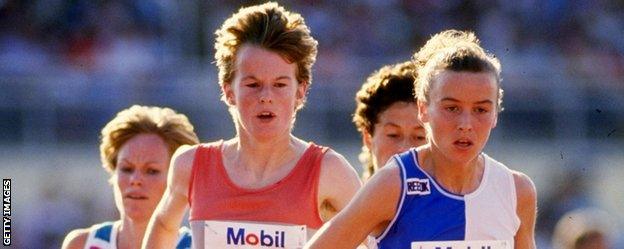
Yvonne Murray's former rival and team-mate, Liz McColgan, does not think anyone should be upgraded
However, Murray's former Scotland and Great Britain team-mate and middle-distance rival Liz McColgan does not think medals should be redistributed.
"Although I was one of a number of athletes back in the '80s who went to championships and won a silver or a bronze because a Russian or an Eastern European has been ahead of us, the way I look at it is, on the day, I finished second, I didn't win the gold," she said.
McColgan pointed out that most do not know the background or circumstances to individual cases of drug-taking in the sport.
"You don't know if they were forced to do it back then," she said. "Did they know they were doing it back then? They were in a regime where there wasn't a lot of choice for what they did to be successful in sport.
"Although they're taking drugs, they still have to train hard to do it.
"The cheating phase comes into the recovery phase where they are able to recover quicker so they can train with double the work-load.
"And, to me personally, I wouldn't feel the need to chase after the gold medal because I just feel, on the day, I didn't win it."
McColgan thinks that, if there is to be any retrospective action, they should simply erase the achievements of drug cheats without upgrading anyone else.
She added that she believes there were British athletes also using drugs at the time.
- Published11 November 2015
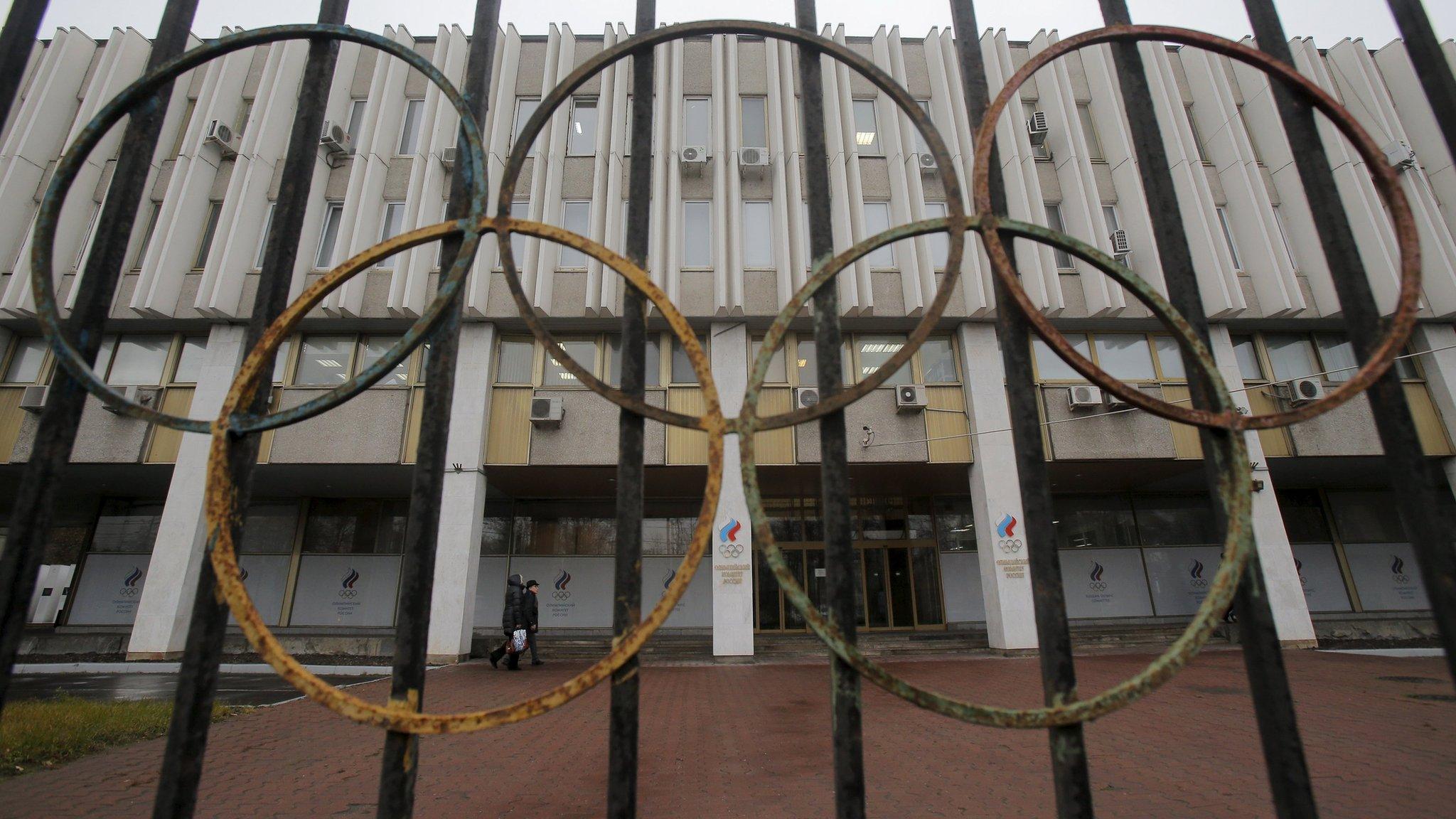
- Published11 November 2015
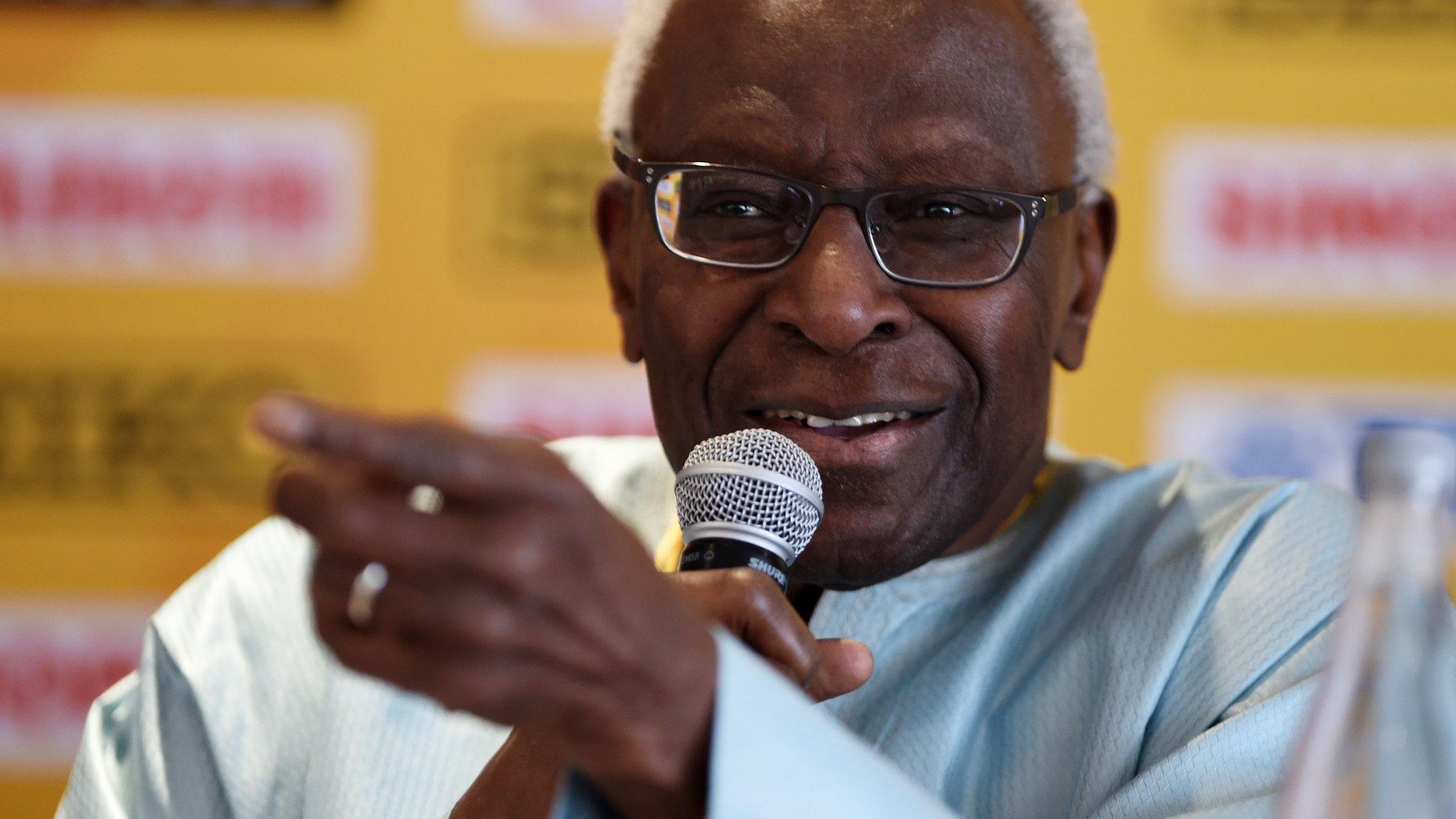
- Published11 November 2015
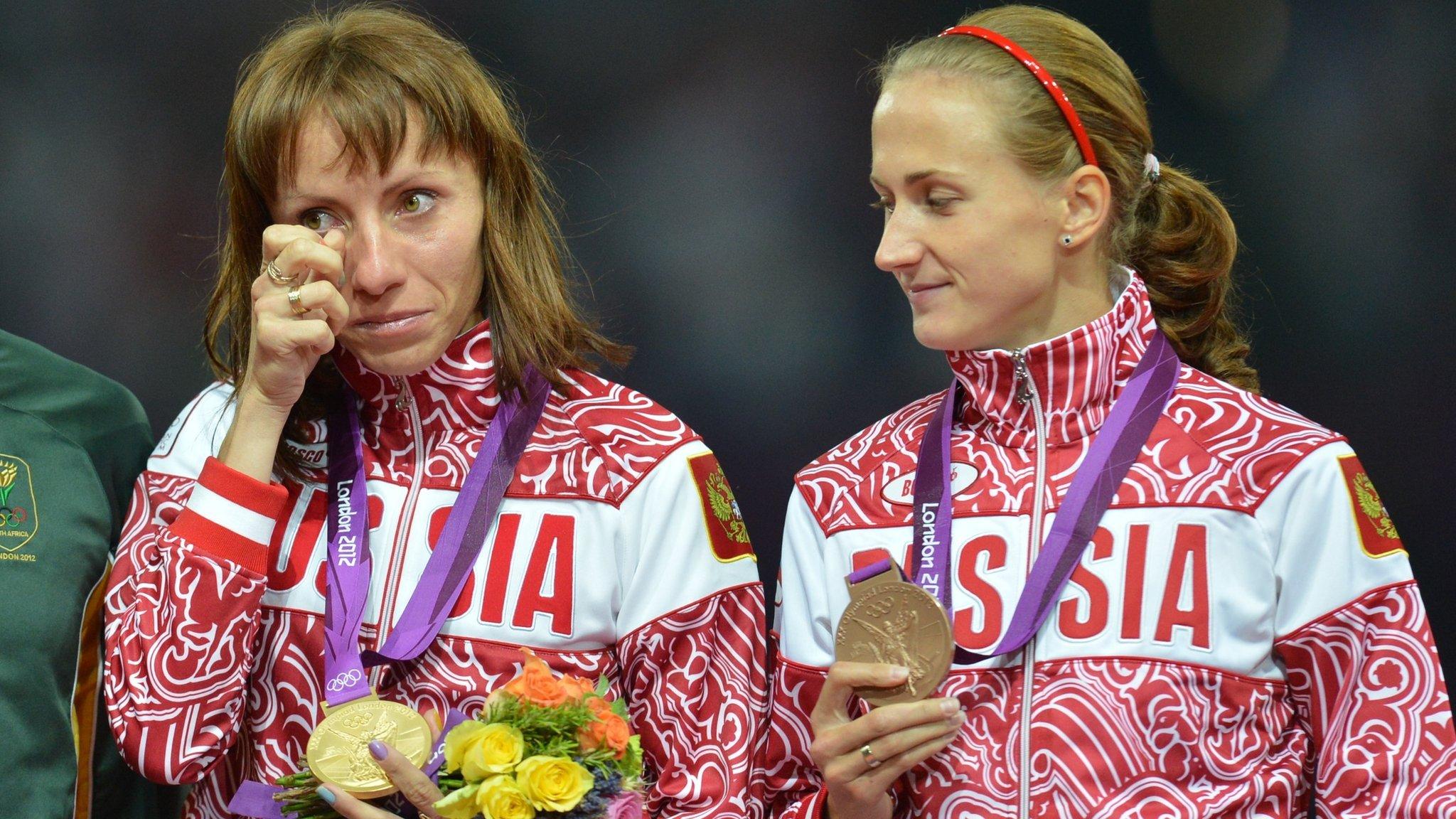
- Published8 February 2019
